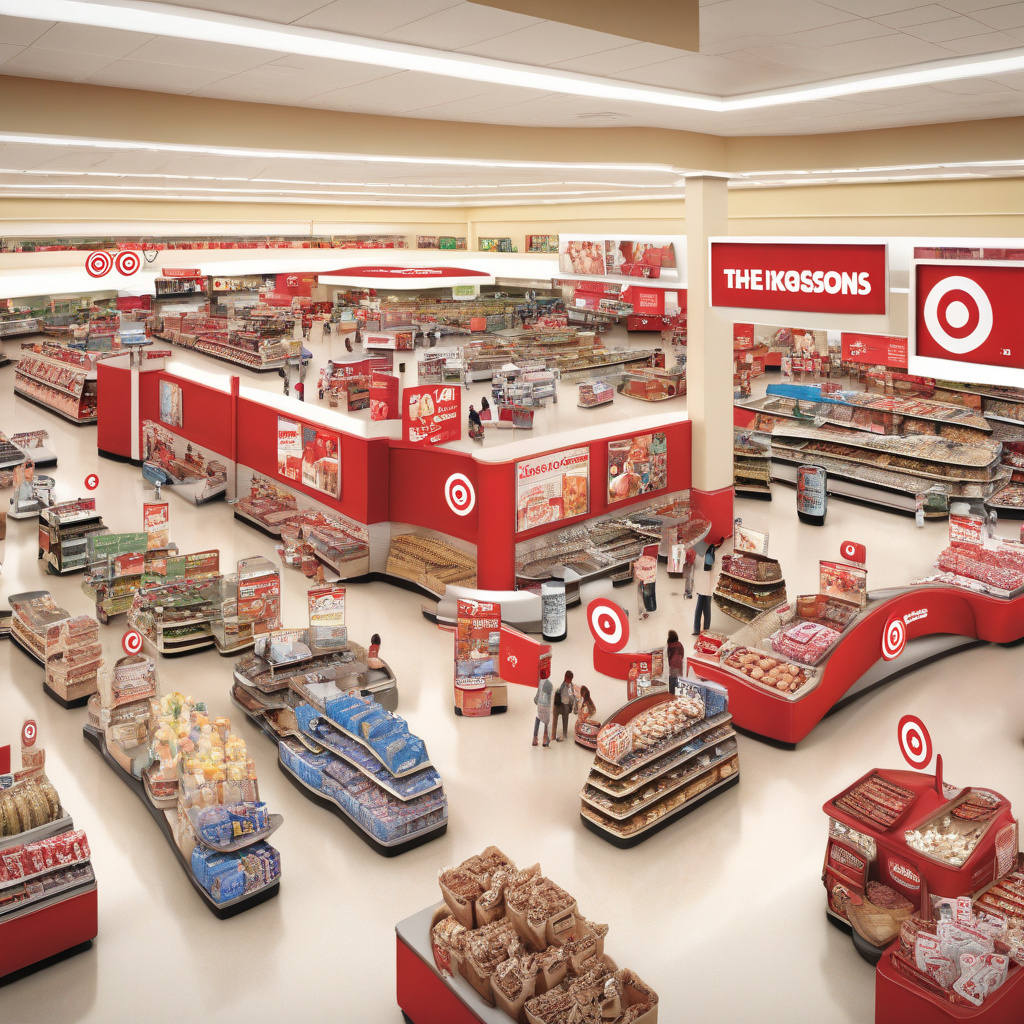THE FRIDAY 5: Target’s Q1 Downturn; Albertsons’ New Counterclaims Against Kroger
In the ever-competitive landscape of retail, major players are constantly vying for market share, customer loyalty, and innovative strategies to stay ahead of the curve. This week, Target’s Q1 downturn and Albertsons’ new counterclaims against Kroger have sparked significant interest and speculation in the industry.
Target, a retail giant known for its diverse product offerings and strong brand presence, recently reported a downturn in its Q1 performance. Despite the challenges posed by the ongoing pandemic, Target’s sales fell short of expectations, raising concerns among investors and industry analysts. The decline in foot traffic and online sales has prompted Target to reevaluate its marketing strategies, inventory management, and customer engagement initiatives. This serves as a reminder that even the most established brands are not immune to market fluctuations and consumer behavior shifts.
On the other hand, Albertsons, a prominent player in the grocery sector, has made headlines with its new counterclaims against Kroger. The legal battle between these two retail giants has escalated, with Albertsons accusing Kroger of unfair competitive practices and anti-competitive behavior. This legal dispute sheds light on the intense rivalry and high-stakes competition that define the retail industry. As both companies strive to protect their market positions and uphold their business integrity, the outcome of this legal confrontation will undoubtedly have far-reaching implications for the retail landscape.
Amidst these developments, the appointment of a new CEO at Family Dollar has captured the attention of industry observers. As the retail sector continues to undergo rapid transformation and evolving consumer preferences, leadership changes play a crucial role in shaping the strategic direction and growth trajectory of companies. The new CEO will be tasked with navigating the competitive retail landscape, driving innovation, and enhancing customer experiences to stay ahead of the curve.
Furthermore, Amazon’s ongoing foray into the grocery sector has signaled a revolution in the way consumers shop for everyday essentials. With its acquisition of Whole Foods and the expansion of Amazon Fresh and Amazon Go stores, the e-commerce giant is redefining convenience, speed, and personalization in grocery retail. As Amazon continues to disrupt traditional brick-and-mortar stores and online retailers alike, competitors must adapt their strategies to meet the evolving demands of tech-savvy consumers.
In conclusion, the retail industry is a dynamic and fiercely competitive environment where change is constant, and innovation is imperative. Target’s Q1 downturn, Albertsons’ legal battle with Kroger, the new CEO at Family Dollar, and Amazon’s grocery revolution are just a few examples of the strategic maneuvers and challenges that companies face in the pursuit of market leadership and customer loyalty. As the retail landscape continues to evolve, adaptability, agility, and consumer-centric approaches will be key to success in this ever-changing industry.
#RetailNews, #Target, #Albertsons, #Kroger, #AmazonGroceryRevolution
